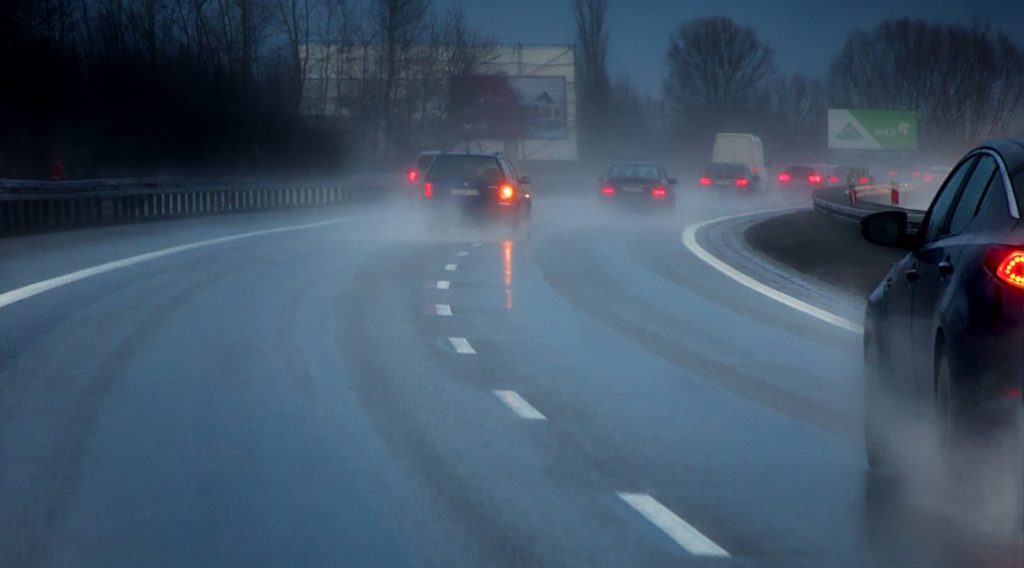- Seek legal advice if you’ve been hurt on an icy sidewalk - December 7, 2020
- Two important concerns about highway speed limit increase - November 6, 2020
- Shedding a light on recent Licence Appeal Tribunal decisions - July 10, 2020
A recent case points out very clearly that there is not an absolute bar when it comes to whether a negligent driver can still pursue a negligence claim against a road authority, Toronto critical injury lawyer Dale Orlando says in Law Times.
Deering v. Scugog (Township), says the article, involves a 2004 motor vehicle accident that left two teenage sisters quadriplegics, with the trial judge finding the defendant municipality to be two-thirds liable with the driver responsible for the remainder. The Ontario Court of Appeal dismissed an appeal last year, and the Supreme Court of Canada denied leave to appeal in December.
As all avenues of appeal have now been exhausted in the case, says Law Times, the Superior Court’s decision is the latest word on the duty of municipalities to keep roads in a reasonable state of repair and the “expected driving capability of the ordinary driver.”
‘Question of apportionment’
Whether a negligent driver can still pursue a negligence claim, says Orlando, partner with McLeish Orlando LLP who represented the younger sister, “is a question of apportionment after objective analysis of the state of non-repair of the road.”
“Shannon Deering was admittedly negligent. She was over the speed limit on an unfamiliar, hilly road and, accordingly, contributed to the happening of the accident. But that is the second question. The first is: On an objective analysis of the test, did the road represent an unreasonable risk of harm to an ordinary, average user, not to a negligent driver? This includes drivers who are not super drivers,” he says.
Orlando also says he believes that the Deering decision doesn’t create any new tests but reinforces previous decisions. “Municipalities are not held to a standard to make the road safe for negligent drivers. That’s not what the case means,” he explains.

